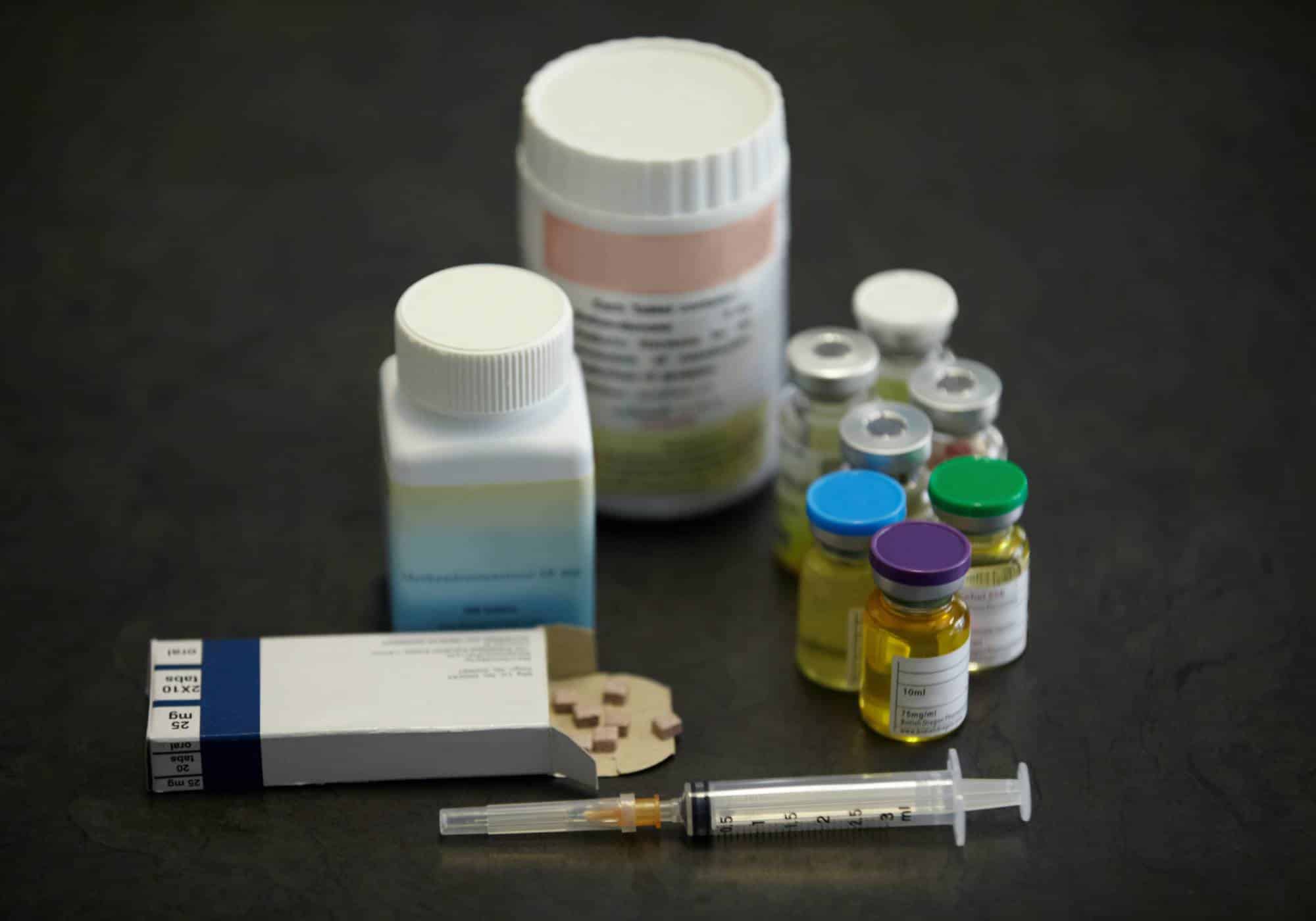It’s a common misconception that alcohol acts as a stimulant, given its initial effects of boosting confidence, happiness, and lowering inhibitions, leading many to associate it with a feeling of being uplifted. However, alcohol is, in fact, a depressant. Despite its initial stimulant-like effects, the depressant nature of alcohol becomes more apparent after consuming multiple drinks, in the aftermath of drinking, or during alcohol withdrawal phases.
Individual reactions to alcohol vary significantly. Some may experience its sedative effects right from the start, turning to it as a means to alleviate anxiety or improve sleep quality. However, this is misleading; alcohol often exacerbates issues with anxiety and sleep rather than alleviating them.
Understanding the dual impact alcohol can have—whether you’re seeking a buzz or a sense of relaxation—is vital. Recognizing the true nature of alcohol as a depressant can help you make informed decisions about its consumption and be mindful of its effects on your mental and physical health. In this blog, we’ll delve into the question, “is alcohol a stimulant or depressant?”, providing insights into how it influences both the mind and body.
Is Alcohol a Stimulant or Depressant?
While commonly categorized as a depressant, alcohol uniquely displays characteristics of both a depressant and a mild stimulant.
In moderate amounts, alcohol can momentarily uplift energy levels and heart rate, reducing inhibitions much like a stimulant. This initial boost is due to alcohol’s ability to prompt dopamine release in the brain, a neurotransmitter linked to feelings of happiness and enjoyment. Consequently, you might experience a surge of energy and, in some cases, increased aggression, mirroring stimulant-like effects.
These stimulating impacts of alcohol are most apparent when blood alcohol concentration (BAC) hovers around 0.05 mg per liter. Yet, as BAC escalates to 0.08 mg per liter— the legal impairment threshold in many parts of the United States—these effects give way to alcohol’s depressant qualities.
Alcohol, therefore, occupies a unique position. Though it can exhibit both stimulant and depressant effects, it is fundamentally recognized as a psychotropic central nervous system (CNS) depressant, with its predominant clinical effects leaning towards depression of the CNS. Following its stimulant phase, alcohol can significantly reduce heart rate, blood pressure, and mental acuity, underscoring its primary identity as a depressant. This dual nature highlights the complex impact alcohol has on both the body and mind, altering mental states in varying doses.
What is a Stimulant?
Stimulants are substances that encourage the brain to release dopamine, a neurotransmitter pivotal for feelings of well-being, pleasure, and motivation. This release affects the central nervous system, leading to increased heart rate, elevated blood pressure, and a heightened state of alertness.
In moderate doses, stimulants can boost energy, enhance self-confidence, and improve concentration and productivity. This effect is why many people start their day with a cup of coffee. However, when taken in excessive amounts, stimulants can disrupt the body’s natural dopamine balance, resulting in anxiety, sleeplessness, and even aggressive behaviors.
The misuse of stimulants, including nicotine and cocaine, highlights the potential for addiction. Understanding the dual nature of these substances is crucial for anyone dealing with substance use issues or supporting someone who is.
Common stimulants include:
- Methamphetamine (meth)
- Cocaine
- Crack cocaine
- Ecstasy (MDMA, Molly, X)
- Amphetamines (Ritalin, Adderall, and other ADHD medications)
- Caffeine
- Nicotine
What are Depressants?
Depressants work by decelerating the activities of the central nervous system, contrasting with substances that stimulate it. They prompt the brain to release neurotransmitters, such as dopamine, that induce relaxation and reduce the intensity of emotions linked to anxiety or fear. The influence of depressants can lead to feelings of calmness, delayed reaction times, and drowsiness.
Some common depressants include:
- Alcohol
- Opioids, including heroin, fentanyl, and Percocet
- Benzodiazepines, such as Ativan, Xanax, and Valium
- GHB (gamma-hydroxybutyrate)
- Barbiturates, including phenobarbital, amobarbital, and secobarbital
Understanding these substances and their effects is crucial for anyone navigating issues of substance abuse or supporting someone who is.
Understanding the Depressant Effects of Alcohol
So, is alcohol a stimulant or depressant? When pondering whether alcohol acts as a stimulant or a depressant, it’s essential to consider its impact on the brain’s chemistry. Alcohol suppresses the function of glutamate, leading to memory issues and other cognitive impairments. It also triggers the release of dopamine, the neurotransmitter associated with feelings of pleasure and reward, enticing individuals to consume more in pursuit of those positive sensations. owever, with increased alcohol consumption, the adverse side effects intensify. Alcohol soon begins to compromise judgment, vision, and alertness. It numbs the senses, disrupts concentration, and significantly slows reaction times, highlighting its primary role as a depressant in affecting the central nervous system.
Alcohol’s depressant properties can lead to effects akin to those observed with the use of other depressants, manifesting as:
- Slurred speech
- Hindered decision-making abilities
- Shifts in perception
- Coordination difficulties
- Memory impairment
- Diminished judgment
Excessive alcohol intake may slow reaction times, induce drowsiness, cause confusion, and lead to sedation. In higher quantities, alcohol consumption can decrease dopamine production, potentially resulting in feelings of apathy or despondency.
Severe overconsumption can dangerously depress the central nervous system, escalating to alcohol poisoning, which in extreme cases may cause respiratory failure, coma, or even death. Alcohol overdose, if not addressed promptly, carries a high risk of fatality.
Furthermore, prolonged heavy drinking can disrupt the balance of neurotransmitters like glutamate and dopamine, which are crucial for the brain’s pleasure and reward systems, as well as memory, decision-making, and overall cognitive functions. Over time, chronic alcohol abuse may lead to lasting alterations in these vital brain chemicals.
Can Alcohol Act as a Stimulant?
Yes, in the beginning and when consumed in moderation, alcohol can exhibit stimulant-like effects. This initial phase might see a reduction in inhibitions, leading to a surge in spontaneity and a fleeting boost in energy levels.
Nonetheless, it’s important to understand that alcohol fundamentally is a depressant. This classification means it significantly hampers the communication pathways between the brain and the body, contrary to the effects typically associated with stimulants.
Alcohol as a Stimulant
The effects of alcohol vary widely among individuals, yet many report feeling the so-called beneficial impacts after just a few drinks, leading to the misconception of alcohol as a stimulant. This initial boost is largely due to alcohol’s ability to increase dopamine production in the brain, a neurotransmitter also stimulated by drugs like cocaine and methamphetamine, known for their energetic and euphoric effects.
Dopamine plays a crucial role in the brain’s reward system, incentivizing activities essential for survival, such as eating, sleeping, exercising, and sexual activities. Alcohol stimulates dopamine release, offering a sense of euphoria similar to that provided by certain drugs. The addictive potential of alcohol and drugs partly stems from the desire to prolong these dopamine-induced pleasurable feelings and the body’s eventual reliance on these substances to maintain normal dopamine levels, leading to addiction and withdrawal symptoms.
Interestingly, alcohol can also mimic some stimulant effects, like increased heart rate and aggression. Research indicates that those who consume alcohol rapidly in large amounts may be more prone to experience its stimulating effects and are at a higher risk of developing alcohol use disorders.
Why is Alcohol Considered a Depressant?
At its core, ethanol, the active ingredient in alcohol, is a depressant. Depressants, including ethanol, slow down central nervous system activity. This effect is primarily due to their interaction with gamma-aminobutyric acid (GABA), a neurotransmitter that induces calm by reducing nerve activity and signals related to stress, anxiety, or fear. Excessive alcohol consumption can lead to an overproduction of GABA, resulting in:
- A sense of relaxation and calm
- Reduced inhibitions
- Drowsiness
- Impaired coordination
- Confusion
While many people turn to alcohol for its calming effects, this strategy often backfires, as excessive drinking can provoke rebound anxiety and stress, exacerbating the very issues one might hope to alleviate. Furthermore, the depressant properties of alcohol pose significant risks when consumed in large quantities in a short timeframe, potentially leading to respiratory depression, coma, or even death.
The Effects of Alcohol Over Time
The morning after consuming alcohol, you might find yourself battling dehydration and a noticeable drop in your mood, often attributed to lower levels of your “happy hormone.”
Continued alcohol consumption over time can lead to noticeable shifts in behavior during drinking sessions. What might start as a joyous celebration can gradually morph into a period of depression when under alcohol’s influence.
Despite the scientific consensus on alcohol’s effects, it’s important to acknowledge that individual reactions can vary significantly, even with minimal alcohol intake. This variation is largely influenced by personal and genetic backgrounds, underscoring the complex relationship between alcohol and its impact on different individuals.
Treatment for Alcohol Use Disorder
Drinking with the sole intention of experiencing its intoxicating effects, commonly known as “Drinking to Get Drunk,” can lead to a predictable pattern where the desired feelings are achieved after consuming a certain amount of alcohol. While this might seem manageable at first, persistently drinking for these effects can significantly increase the risk of developing alcohol use disorder. Recognizing this pattern is the first step toward seeking help.
At Hope Harbor Wellness we offer a comprehensive alcohol rehab program in Atlanta, GA designed to address not just the symptoms but the root causes of alcohol dependency. Our treatment options include:
- Dual Diagnosis Treatment
- Outpatient Treatment
- Intensive Outpatient Program (IOP)
- Partial Hospitalization Program (PHP)
- LGBTQ+ Addiction Treatment
- Holistic Therapy
- Group and Individual Therapy
- Family Therapy Program
If you or a loved one is navigating the challenges of alcohol use disorder, reach out to Hope Harbor Wellness at 678-929-6304 or via our online form to embark on the path to recovery with our alcohol addiction treatment in Atlanta, GA.












